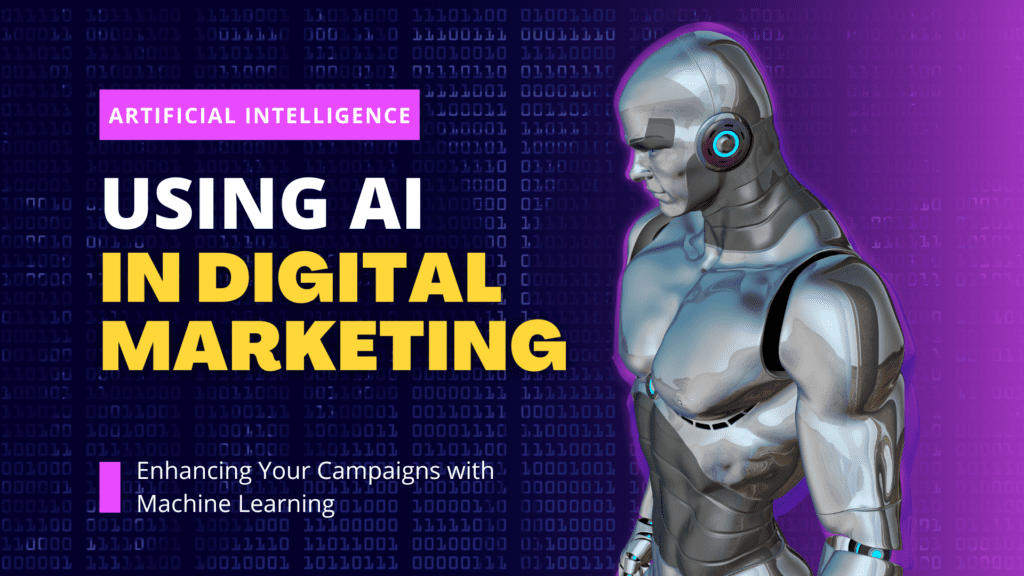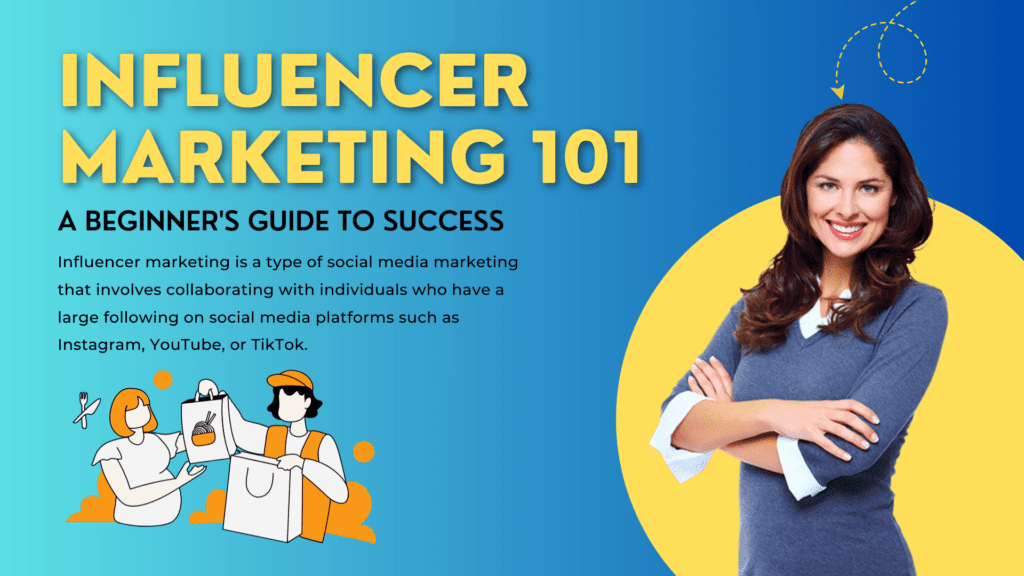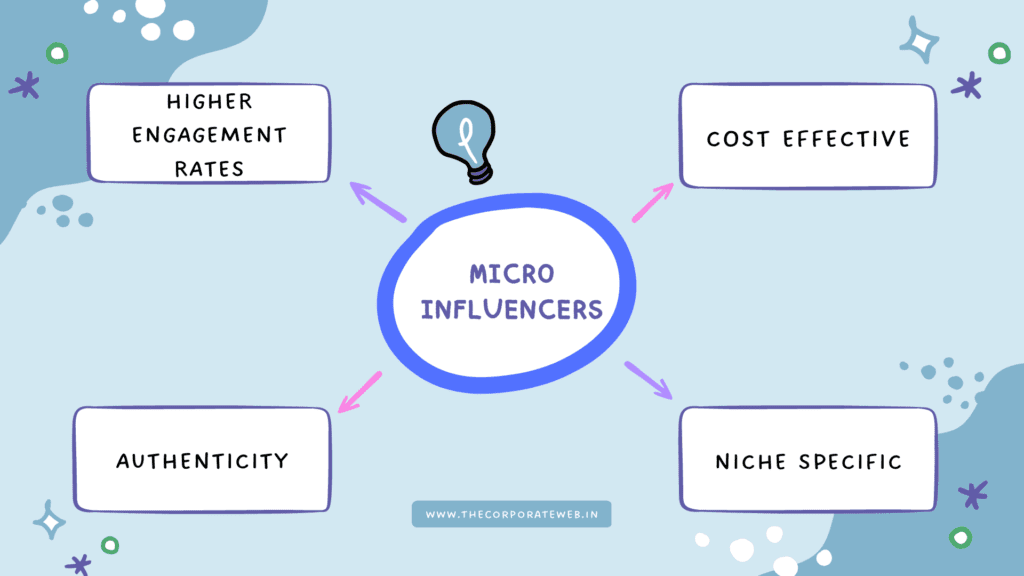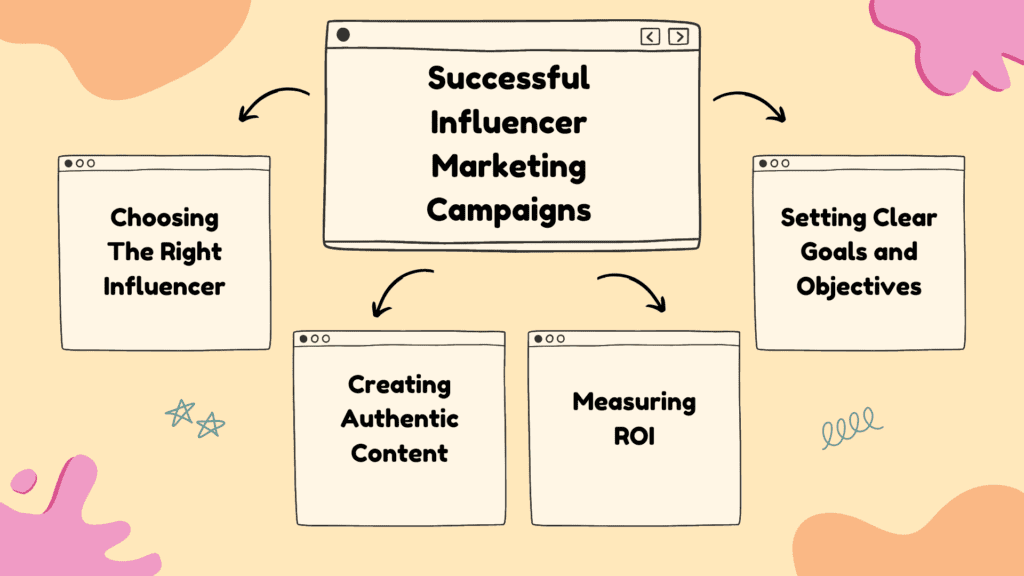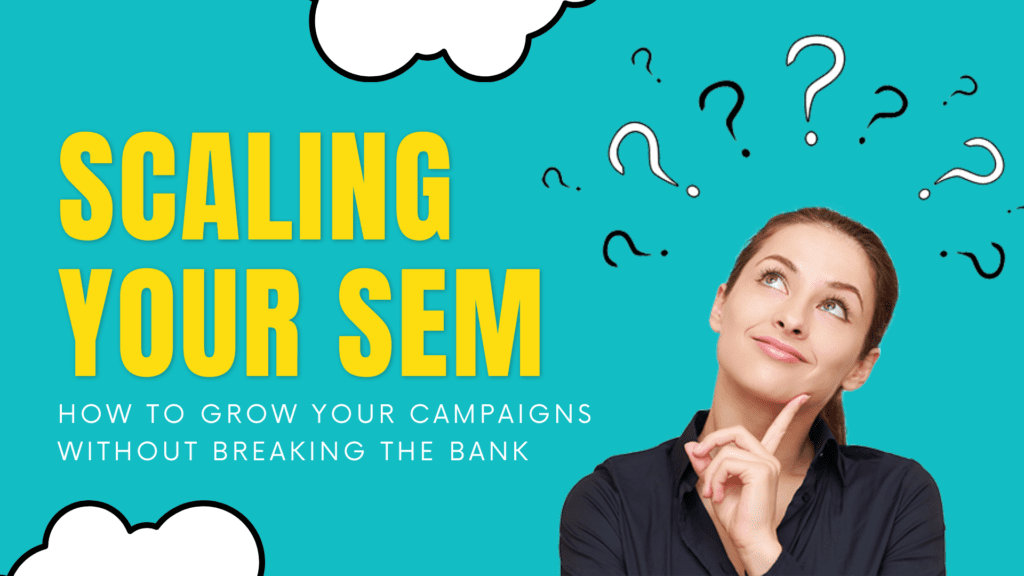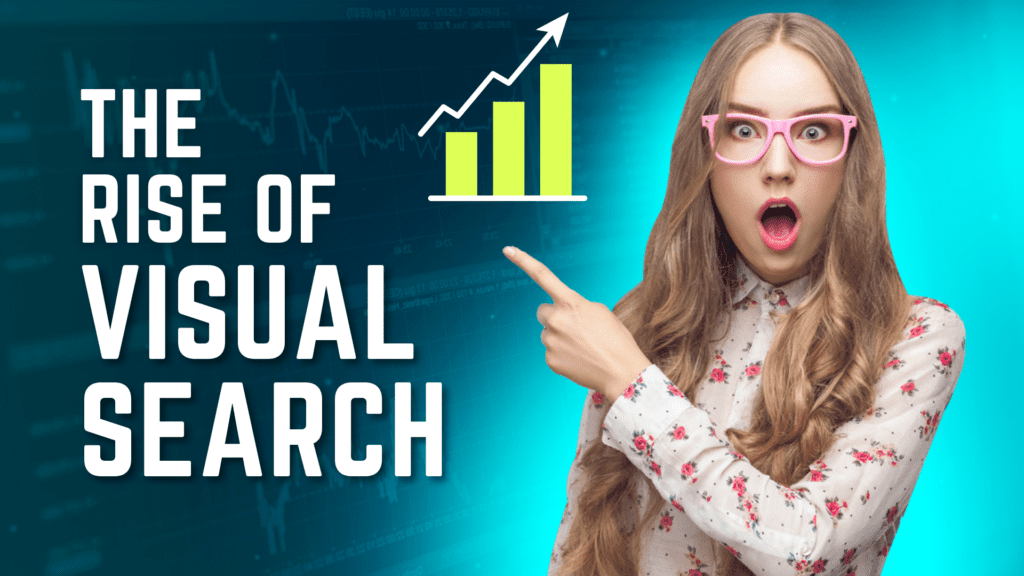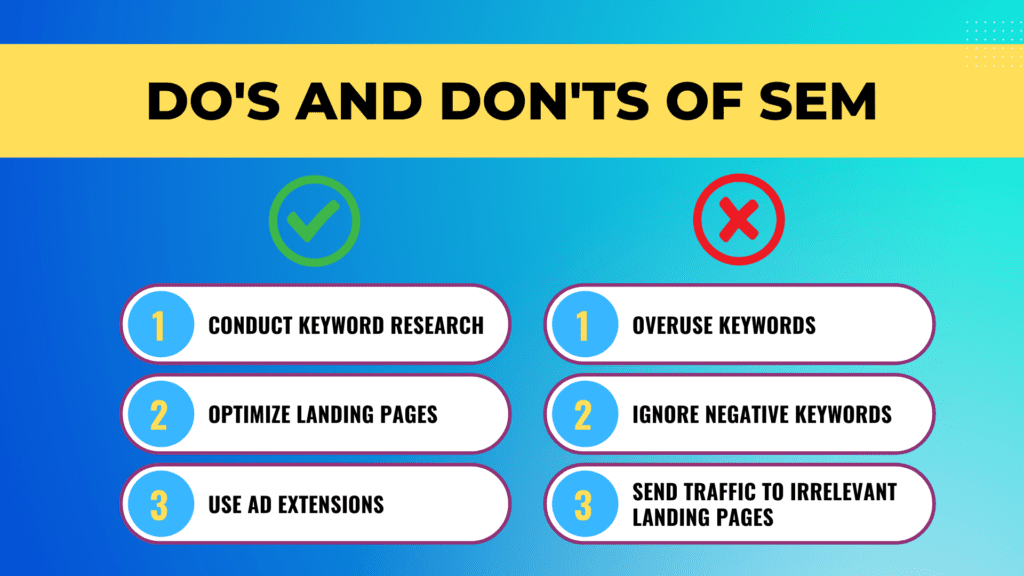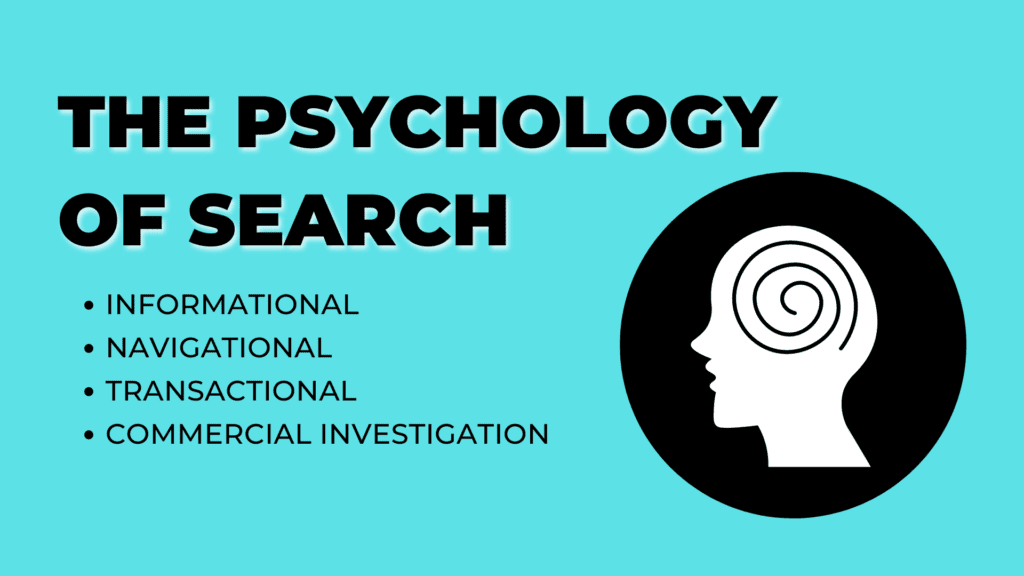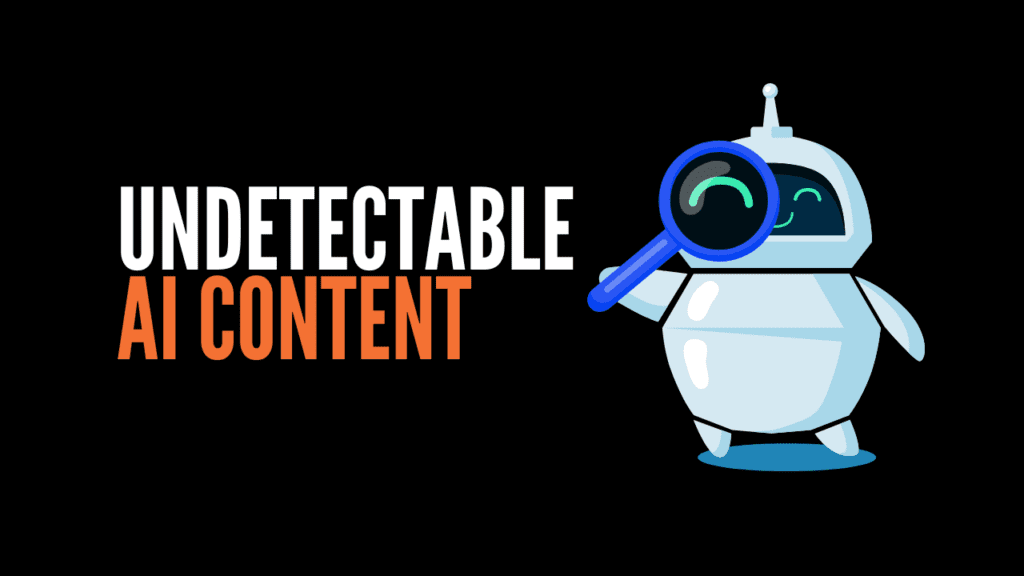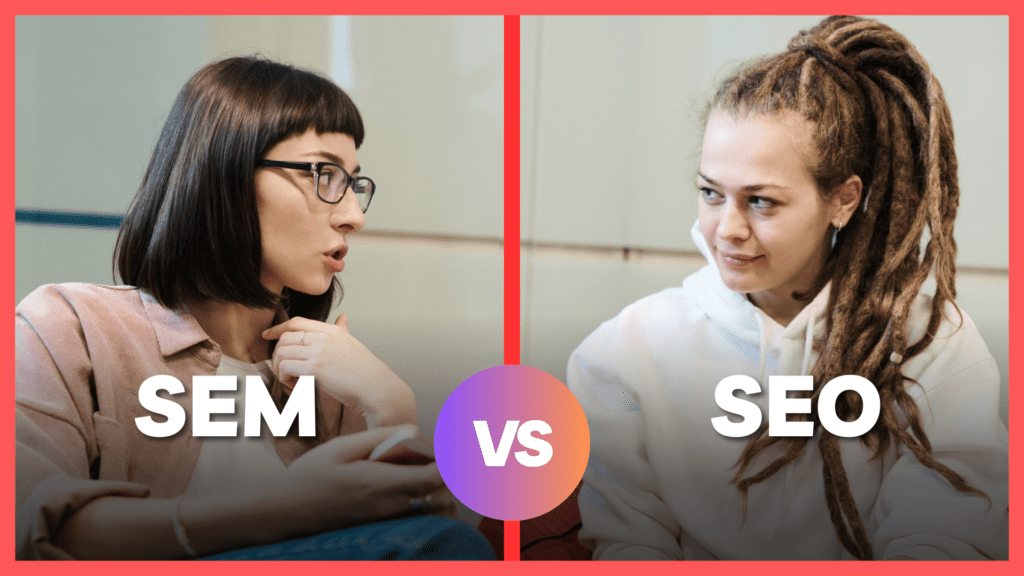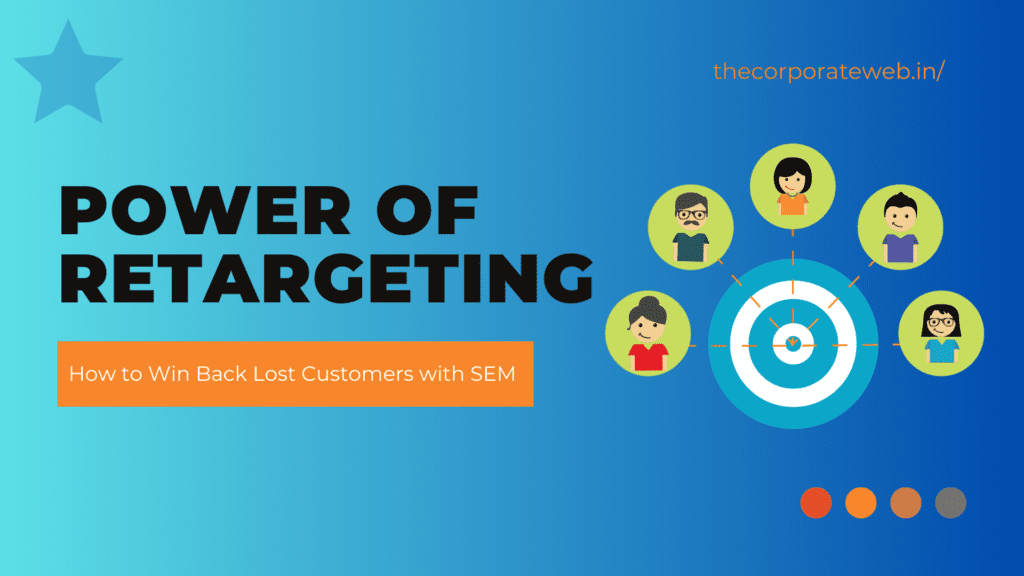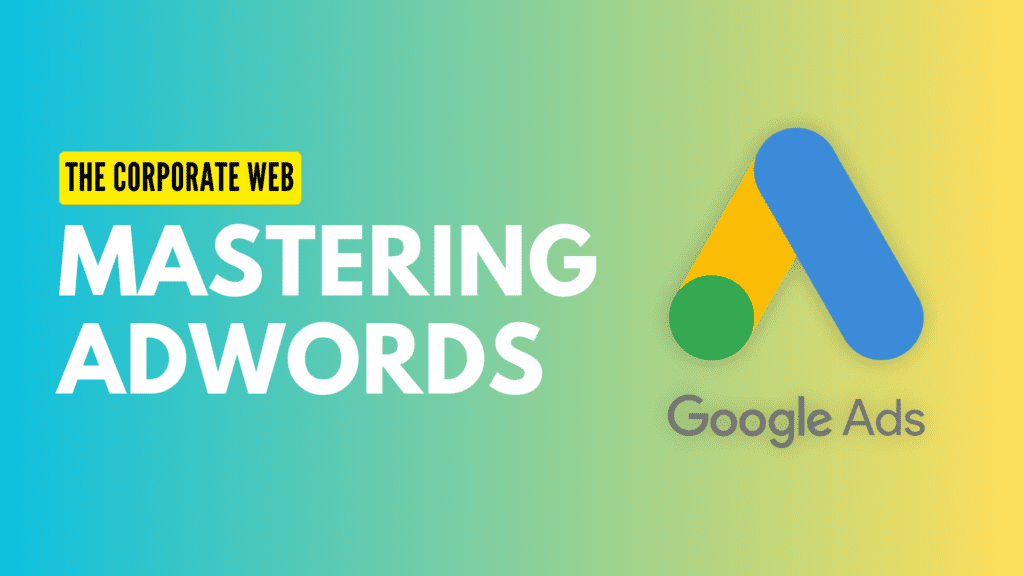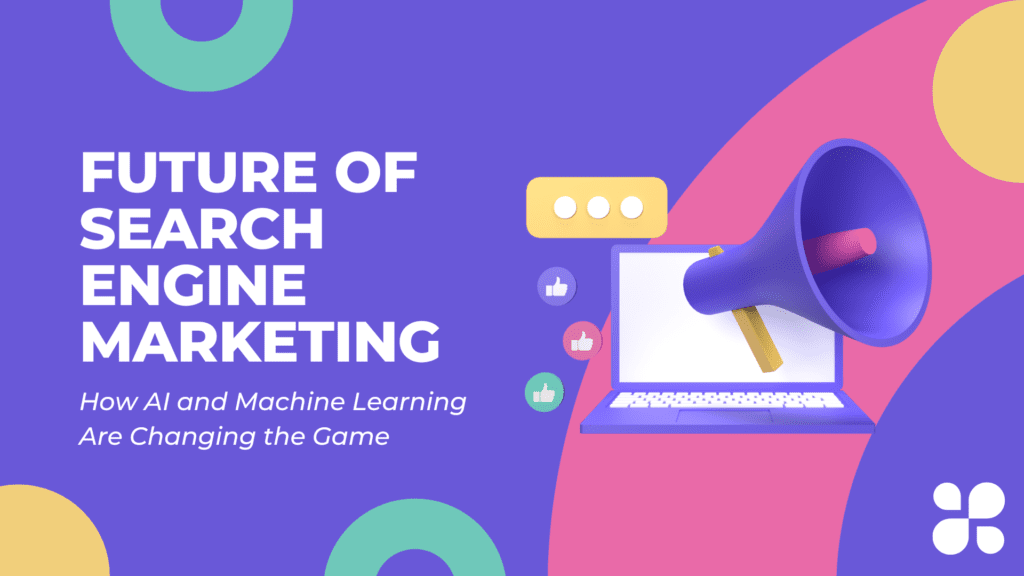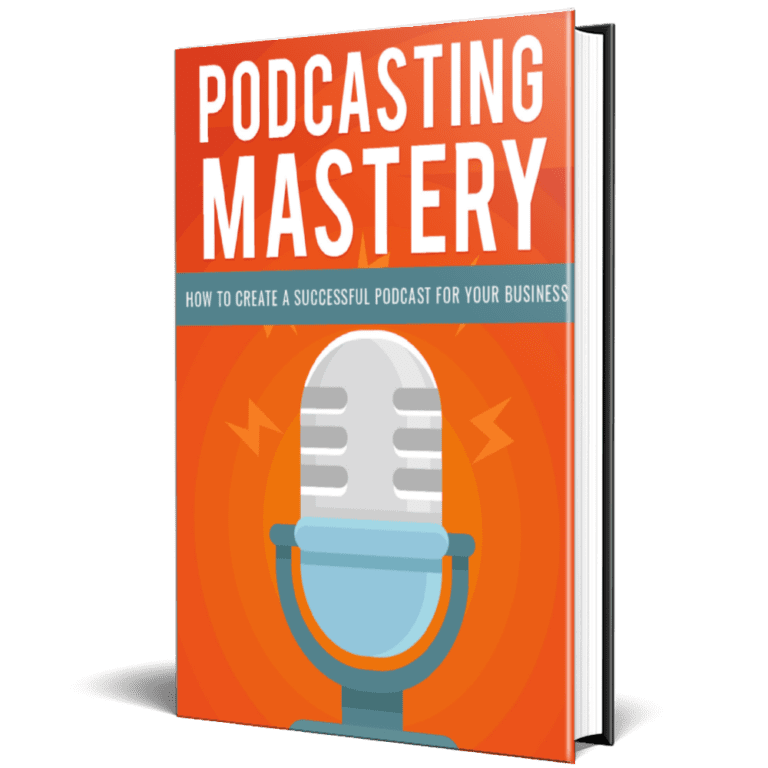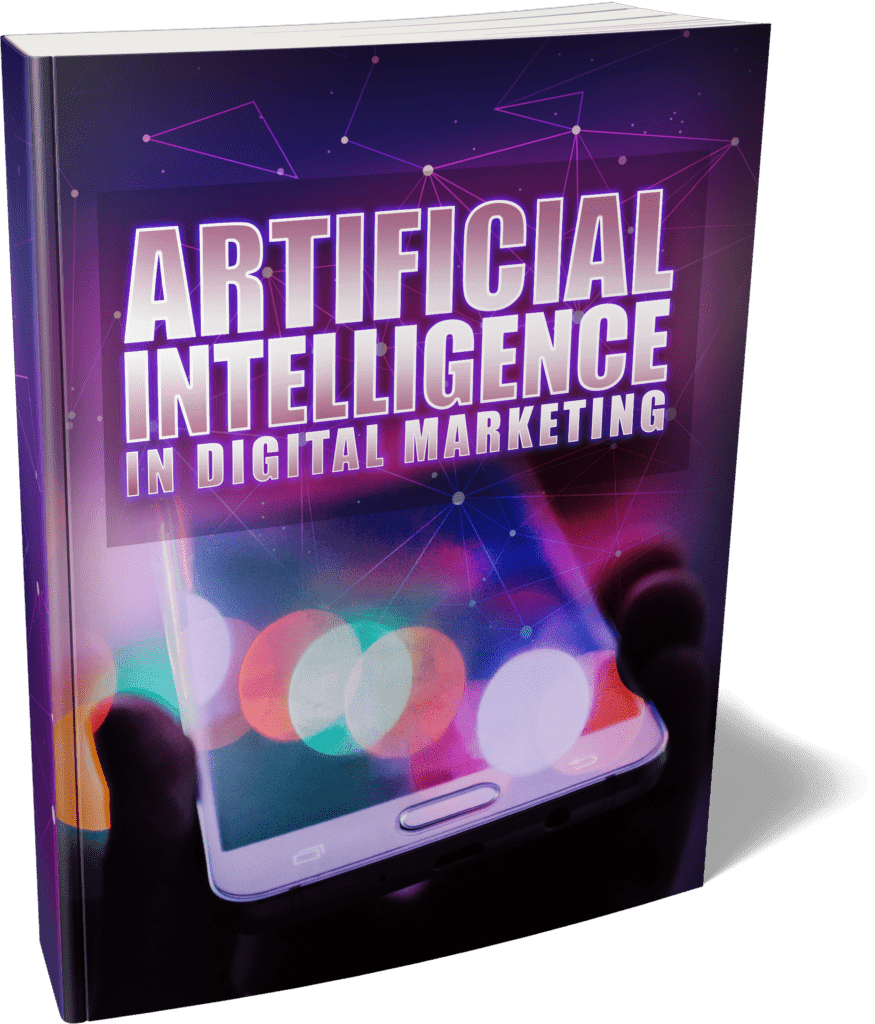In today’s digital world, marketing has become more data-driven than ever before. With the increasing amount of customer data available, marketers can use artificial intelligence (AI) and machine learning (ML) algorithms to analyze and extract insights from data that were previously unattainable. AI in digital marketing enables marketers to create more personalized, targeted, and effective campaigns.
AI can help marketers in many ways, from automating repetitive tasks to optimizing campaigns for better performance. In this blog, we’ll explore how AI is being used in digital marketing and the benefits it can provide for marketers.
1. Personalized Content and Offers
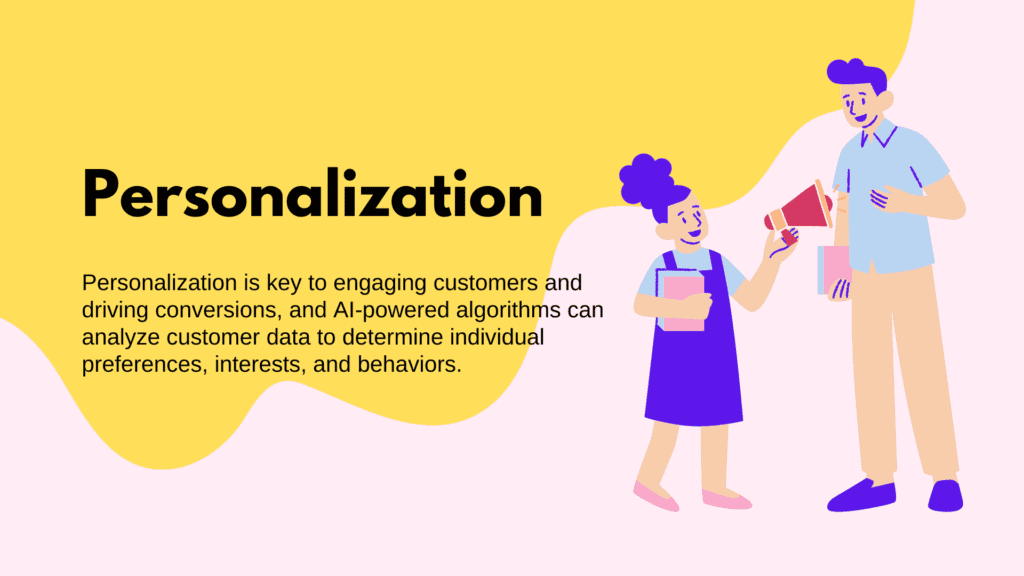
One of the most significant advantages of using AI in digital marketing is the ability to deliver personalized content and offers to consumers. Personalization is key to engaging customers and driving conversions, and AI-powered algorithms can analyze customer data to determine individual preferences, interests, and behaviors.
For example, AI can analyze a customer’s past purchases, browsing history, and social media activity to understand their interests and preferences. Based on this information, AI can suggest products or services that the customer is more likely to be interested in, and tailor marketing messages to appeal to their specific needs and interests.
AI-powered chatbots can also engage with customers in a personalized manner, responding to their queries and providing recommendations based on their individual needs. This level of personalization can help build stronger relationships between customers and brands, leading to increased loyalty and customer lifetime value.
2. Predictive Analytics
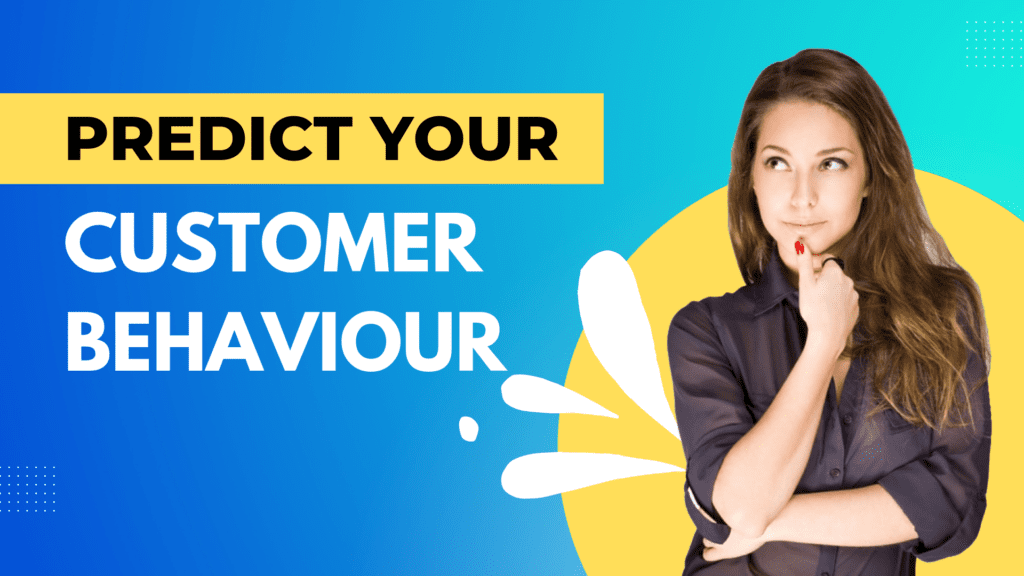
AI can also help marketers predict customer behavior, enabling them to anticipate trends and adjust their strategies accordingly. Predictive analytics uses historical data and machine learning algorithms to identify patterns and make predictions about future outcomes.
For example, marketers can use predictive analytics to identify which customers are most likely to churn or which products are most likely to sell out. This information can be used to create targeted campaigns and promotions to prevent churn and maximize sales.
Predictive analytics can also help marketers identify new opportunities and niches to target. By analyzing customer behavior and identifying gaps in the market, marketers can create new products or services to meet unmet needs, increasing their market share and revenue.
3. Enhanced Ad Targeting
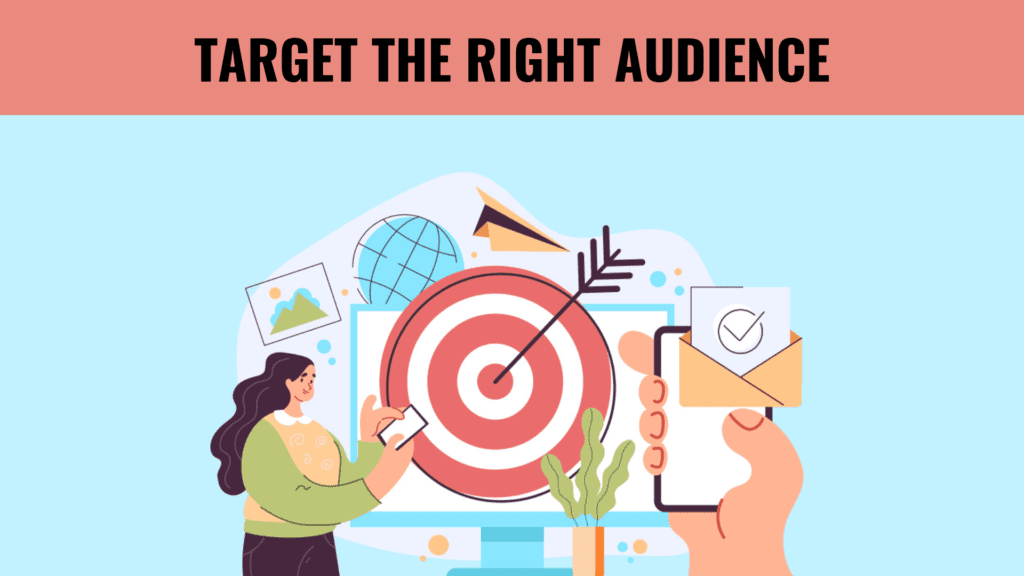
AI-powered ad targeting can help marketers reach the right audience with the right message, increasing the effectiveness of their campaigns. By analyzing customer data, AI can determine which users are most likely to be interested in a particular product or service and target ads to those users.
AI-powered ad targeting can also take into account a user’s behavior and intent, such as their browsing history and search queries. This can help marketers create more relevant and personalized ads that are more likely to resonate with the target audience.
AI can also optimize ad campaigns in real time, adjusting targeting and bidding strategies based on performance data. This can help marketers maximize their return on ad spend and increase their overall ad effectiveness.
4. Marketing Automation

Marketing automation is another area where AI can provide significant benefits for marketers. AI-powered tools can automate repetitive tasks such as email marketing, social media posting, and ad optimization, freeing up time for marketers to focus on more strategic tasks.
Marketing automation can also help marketers personalize their communications at scale, delivering targeted messages to individual customers based on their behavior and preferences. This can help increase engagement and conversions, as well as reduce the workload on marketers.
AI-powered marketing automation can also provide insights into campaign performance, enabling marketers to optimize their campaigns for better results. By analyzing data on customer behavior, AI can identify areas where campaigns are underperforming and suggest changes to improve their effectiveness.
5. Improved Customer Insights
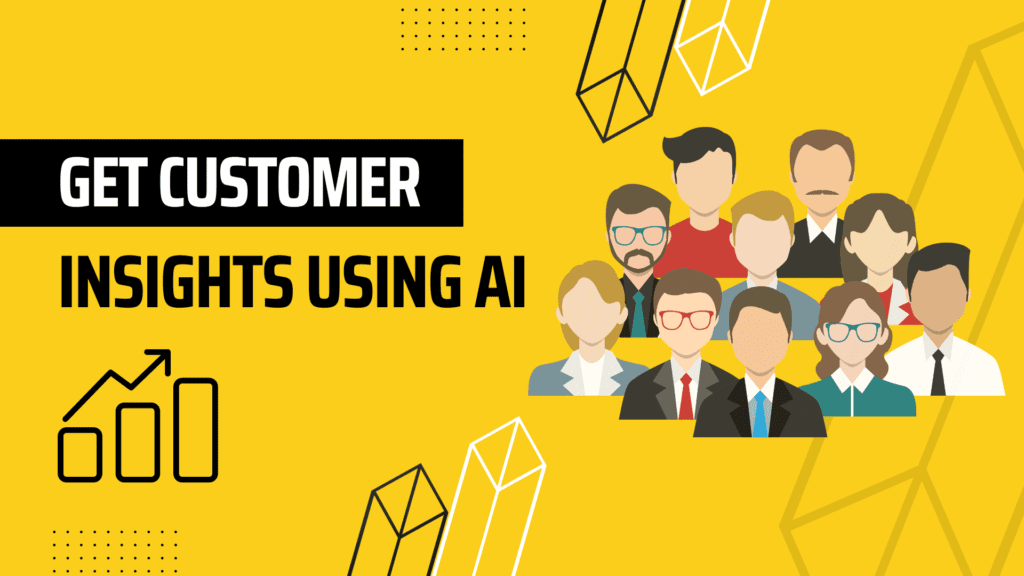
Finally, AI can provide marketers with deeper insights into customer behavior and preferences. By analyzing large amounts of data, AI-powered algorithms can identify trends and patterns that would be difficult or impossible to detect manually.
For example, AI can analyze social media conversations to identify customer sentiments and preferences, helping marketers understand how customers perceive their brands and products. AI can also analyze customer feedback and reviews to identify common themes and issues, enabling marketers to address customer concerns and improve their products and services.
In addition, AI can provide real-time feedback on campaign performance, enabling marketers to make data-driven decisions about how to optimize their campaigns for better results. By analyzing metrics such as click-through rates, conversion rates, and engagement rates, AI can identify which campaigns are performing well and which ones need improvement.
Conclusion:
Overall, AI in digital marketing offers significant benefits for marketers looking to improve the effectiveness of their campaigns. By leveraging the power of machine learning algorithms, marketers can deliver more personalized, targeted, and effective campaigns that resonate with their target audience. From personalized content and offers to enhanced ad targeting and marketing automation, AI is transforming the way marketers approach digital marketing.
Read More: Why You Should Consider Mobile Marketing In Your Digital Strategy
FAQs Related To AI in Digital Marketing
What is AI in digital marketing, and how is it different from traditional marketing?
AI in digital marketing refers to the use of machine learning algorithms and other advanced technologies to analyze customer data, predict behavior, and automate marketing tasks. It is different from traditional marketing in that it leverages data-driven insights to deliver more personalized and targeted campaigns, whereas traditional marketing often relies on more broad-based approaches.
What are some specific examples of how AI is being used in digital marketing?
Some specific examples of how AI is being used in digital marketing include personalized content and offers, predictive analytics, enhanced ad targeting, marketing automation, and improved customer insights. For example, AI can analyze customer data to suggest products or services based on individual preferences, optimize ad campaigns in real time, and automate repetitive tasks such as email marketing and social media posting.
What are some benefits of using AI in digital marketing?
Some benefits of using AI in digital marketing include increased personalization, better targeting and segmentation, improved campaign performance, enhanced customer insights, and greater efficiency and automation. AI can help marketers deliver more relevant and engaging content to customers, optimize campaigns for better results, and free up time for more strategic tasks.
Are there any challenges or risks associated with using AI in digital marketing?
Yes, there are some challenges and risks associated with using AI in digital marketing. One potential challenge is the need for high-quality data to train machine learning algorithms effectively. Additionally, there may be concerns about data privacy and security, particularly when dealing with sensitive customer information. Finally, there may be ethical considerations to take into account, such as the potential for AI to reinforce bias or discrimination in marketing campaigns.
How can businesses get started with using AI in their digital marketing campaigns?
Businesses can get started with using AI in their digital marketing campaigns by first identifying their goals and objectives. From there, they can determine which areas of their marketing strategy would benefit most from AI-powered insights or automation. It’s also important to have a solid data infrastructure in place, as well as the necessary expertise to develop and implement AI-powered solutions effectively. Working with a knowledgeable partner or consultant can help businesses navigate these challenges and get the most out of their AI-powered digital marketing efforts.
Read More: How To Use Artificial Intelligence In Digital Marketing?
